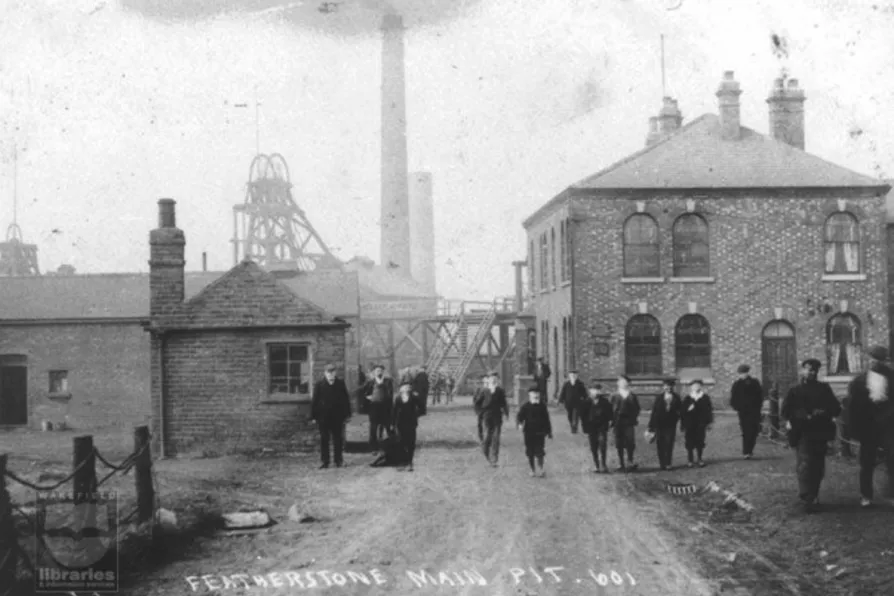Labour prospects in May elections may be irrevocably damaged by Birmingham Council’s costly refusal to settle the year-long dispute, warns STEVE WRIGHT
Lessons of the Featherstone Massacre, 130 years on
JON TRICKETT MP on how the miners' dispute and brutal state response that killed two men on September 7 1893 shows a state using force to protect profits over workers' livelihoods

 The featherstone pit, one of the hotbeds of the 1893 industrial dispute, the largest that Britain had experienced
The featherstone pit, one of the hotbeds of the 1893 industrial dispute, the largest that Britain had experienced
ONE hundred and thirty years ago today, on September 7 1893, a harrowing chapter in our history unfolded.
It’s a date etched into the memory of Featherstone, in my constituency.
The story of the Featherstone Massacre has resonated through the years and sheds light on the relentless battle of working-class people for their rights and for equality.
Similar stories

Corbyn and Sultana’s ‘Your Party’ represents the first attempt at mass socialist organisation since the CPGB’s formation in 1921, argues DYLAN MURPHY

MIKE QUILLE applauds an excellent example of cultural democracy: making artworks which are a relevant, integral part of working-class lives

CARLOS MARTINEZ condemns Europe’s failure to develop genuine autonomy from US hegemony, as leaders like Starmer and Macron cling to a declining imperial order rather than building good relations with the emerging powers











